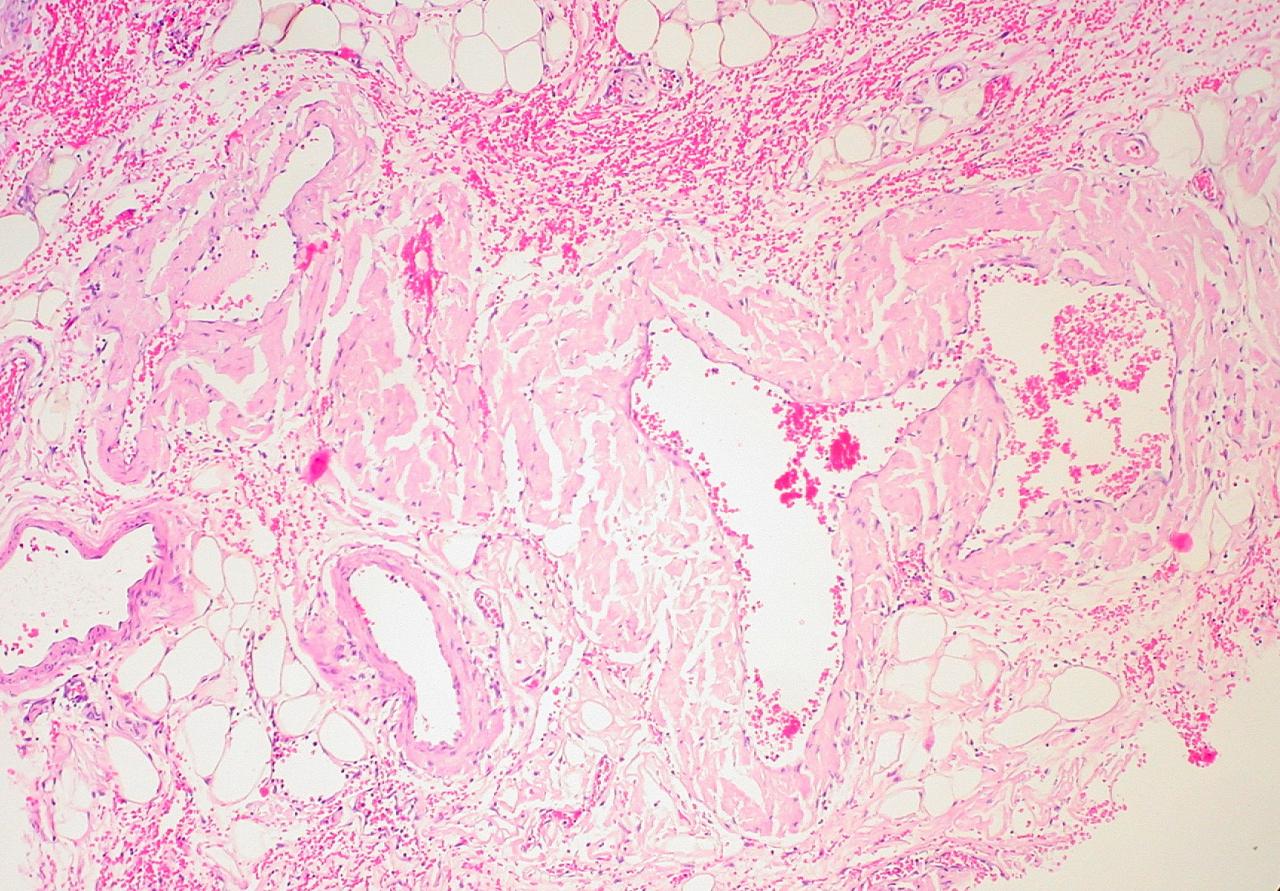Millions of people take the popular supplement ginkgo biloba in hopes that it delays the progression of Alzheimer’s disease or dementia symptoms. However, the largest study ever of the supplement, published in today’s Journal of the American Medical Association, says there is no basis for that hope.
The double-blind, placebo-controlled study, which followed 3,000 people between the ages of 72 and 96, was conducted over an average of six years by six medical centers in four American communities. Half of the participants took ginkgo biloba capsules of 120 mg twice a day, and the other half took placebos.
The research was paid for by the National Center for Complementary and Alternative Medicine, which is part of the National Institutes of Health.
From USA Today:
“The first set of results from the study, published last year, found that a twice-daily dose of 120 milligrams of ginkgo biloba extract was not effective in reducing the incidence of Alzheimer's dementia or dementia overall.
“This new paper looked at the same results to see if ginkgo biloba extract had any effect on cognitive decline in older adults, specifically memory, visual-spatial construction, language, attention, psychomotor speed and executive function. It found no effect.
“The study finding is "disappointing news," says Steven DeKosky, dean of the University of Virginia School of Medicine and the study's senior author. The only positive thing the researchers found is that ginkgo appears to be safe, he says.”
From Reuters:
"The primary finding was no effect of the ginkgo extract over a relatively long period of time in older people in slowing down what we see as the normal changes of thinking function in aging," DeKosky said.
"If one thought that ginkgo might maintain cognition and prevent or delay decline in some thinking associated with aging, it did not do that," he said.
From CNN Health:
“Ginkgo biloba is among the most popular dietary supplements for brain health. In 2007, Americans spent $107 million on ginkgo.
“When ginkgo first became popular in the 1980s and 1990s, researchers and consumers alike were optimistic about the effects of ginkgo on cognition, but its reputation has suffered in recent years, says Joshua Steinerman, M.D., assistant professor of neurology at Montefiore Medical Center in the Bronx, New York.
"Early studies seemed to show that there might be some cognitive improvement, but those were typically smaller studies and not as well designed," says Steinerman, who did not participate in the current study. "More recent studies … are large and well controlled, and have showed no consistent positive effect on slowing the rate of cognitive decline."
“Even so, DeKosky says he and his colleagues were surprised to find that ginkgo failed to produce any benefit, given how long the herb has been used and how many people swear by it. "We figured that if [ginkgo] was still in use and still endorsed by people – even if it's only your grandmother – it probably does have some basis to it," he says.
“The study's findings don't mean that people should stop taking ginkgo (as long as they do so in safe doses, under the supervision of a physician), says Steinerman. But, he adds, "I certainly wouldn't recommend that anyone start it."
Alternative supplement industry groups continue to maintain that ginkgo biloba is effective.
DO YOU TAKE GINKGO BILOBA? Do you believe it has helped you? Will you continue to take it, or will you reconsider?
The USA Today story:
http://www.usatoday.com/news/health/2009-12-30-ginkgo30_ST_N.htm
The Reuters story:
http://www.reuters.com/article/idUSTRE5BS3IH20091229
The CNN Health story
http://www.cnn.com/2009/HEALTH/12/29/ginkgo.biloba.brain/index.html






Add a CommentComments
There are no comments yet. Be the first one and get the conversation started!